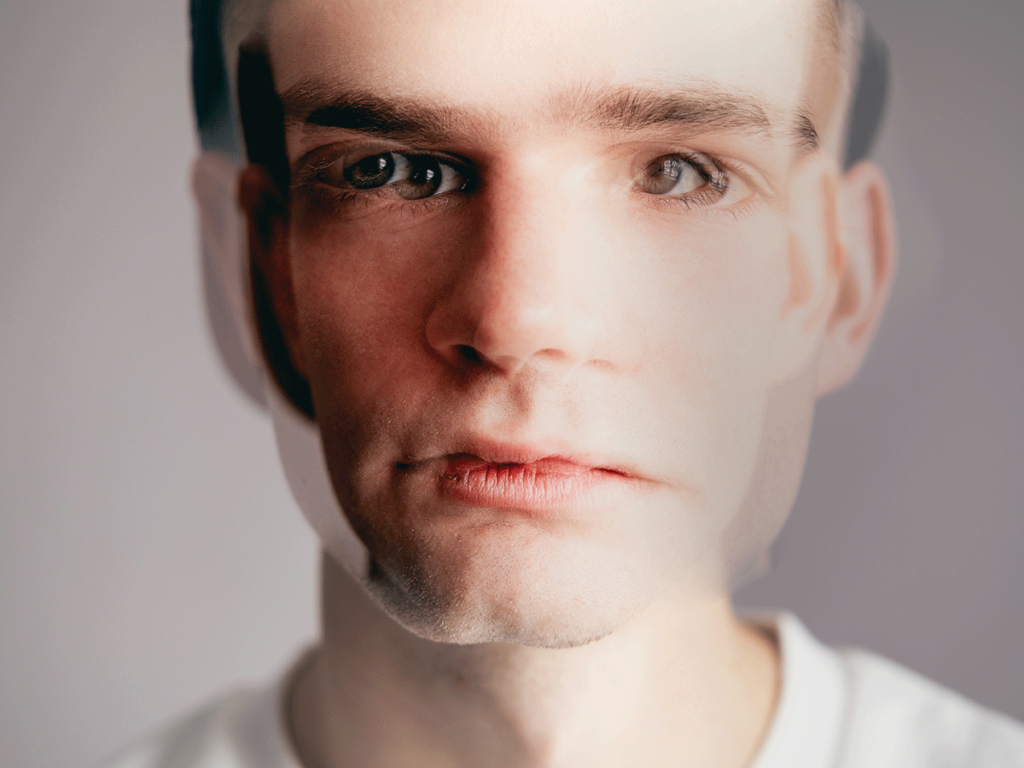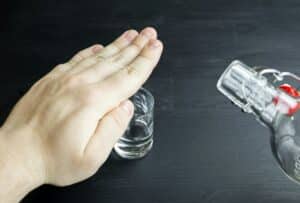A lack of understanding and proper education about mental illness has contributed to significant stigma and misconceptions surrounding mental health. However, mental health is just as important as physical health for your overall health and well-being. One of the more common mental health conditions is bipolar disorder, yet, it is often misunderstood. When someone struggles with an undiagnosed mental illness like bipolar, it can impact all aspects of their lives, from relationships to work performance. There is also a strong link between mental illness and addiction because it is common for an individual struggling with poor mental health to abuse substances to cope with their condition. Unfortunately, this will only cause further damage to their mental health and have significant consequences for their health and safety.
At Northpoint Nebraska, we take an integrated approach to addiction and mental health treatment. We look at the patient’s condition from all angles to promote healing and lasting recovery. If you are struggling with bipolar disorder, you are not alone, and with proper treatment, you can learn to manage your condition effectively. Our bipolar disorder treatment program helps patients through every stage of their recovery journey to help them regain control over their lives. To learn more about our facility and various programs, give us a call at 888.351.3834.
What Is Bipolar Disorder?
If you are unfamiliar with the intricacies of mental health, you may be asking, “What is bipolar disorder?” Bipolar disorder is a mental health condition where the person experiences extreme mood swings. They swing back and forth between extreme periods of depression and mania. When experiencing a depressive episode, individuals may be unmotivated, hopeless, and isolate themselves. During a manic episode, someone may have more energy and become more social. Untreated bipolar disorder can make daily life more challenging. Recognizing the signs and symptoms can ensure that someone gets the help they need and learns how to manage their condition.
Below are some of the signs of bipolar disorder:
- Mood swings
- Elevated mood or euphoria
- Sadness or hopelessness
- Loss of interest in hobbies and activities
- Irritability or agitation
- Impulsivity
- Risk-taking behavior
- Trouble concentrating
- Unwanted thoughts
- Changes in sleeping pattern
- Rapid speaking
Early identification can play a critical role in getting someone the treatment they need to improve their mental health. There is no cure for bipolar disorder. However, through medication and therapy, patients can learn more about their condition and manage symptoms.
Are You Asking Yourself, “What Are Bipolar Disorders?”
So, what are bipolar disorders? The American Psychiatric Association recognizes three bipolar disorder diagnoses. Below are the three different categories:
- Bipolar I Disorder – This is diagnosed when someone experiences a manic episode. The person may also face a depressive episode and often has periods where they have neutral moods.
- Bipolar II Disorder – Someone with this diagnosis has had at least one depressive episode and one hypomanic episode. A hypomanic episode is a less severe manic episode that lasts for a few days in a row instead of a week. It can be hard to diagnose because individuals can function normally when they are between episodes.
- Cyclothymic Disorder – This is considered a milder form of bipolar disorder, where the person experiences a lot of frequent mood swings. They feel many ups and downs but typically have less severe symptoms.
A combination of talk therapy and medication can be an effective treatment that helps patients manage their condition. While bipolar disorder does not have a cure, it does not have to take over your life.
Get Help with a Bipolar Disorder Treatment Program at Northpoint Nebraska
If you are struggling with bipolar disorder, do not wait to seek treatment. Contact Northpoint Nebraska at 888.351.3834 or reach out online to get started on your recovery journey.




